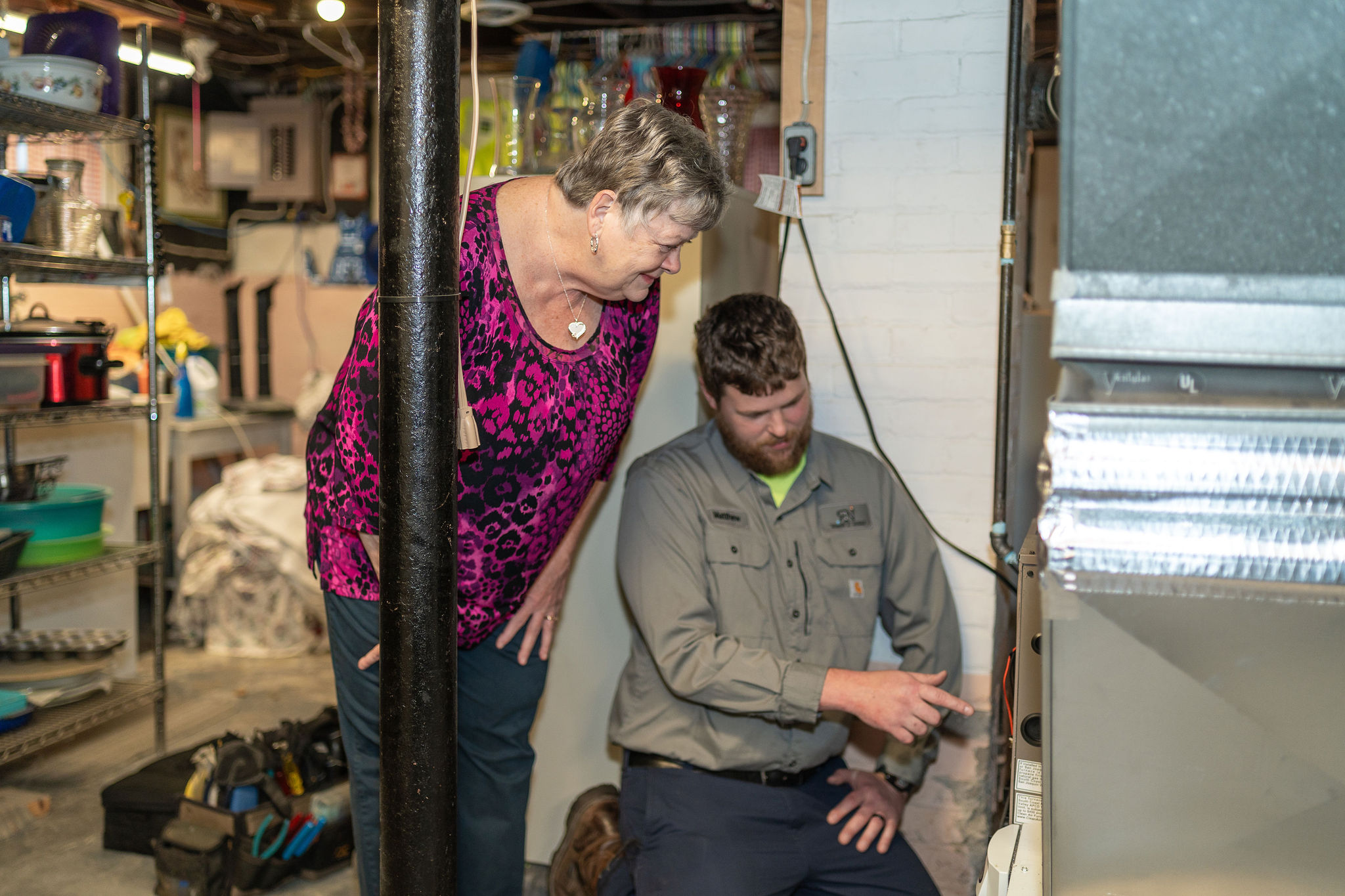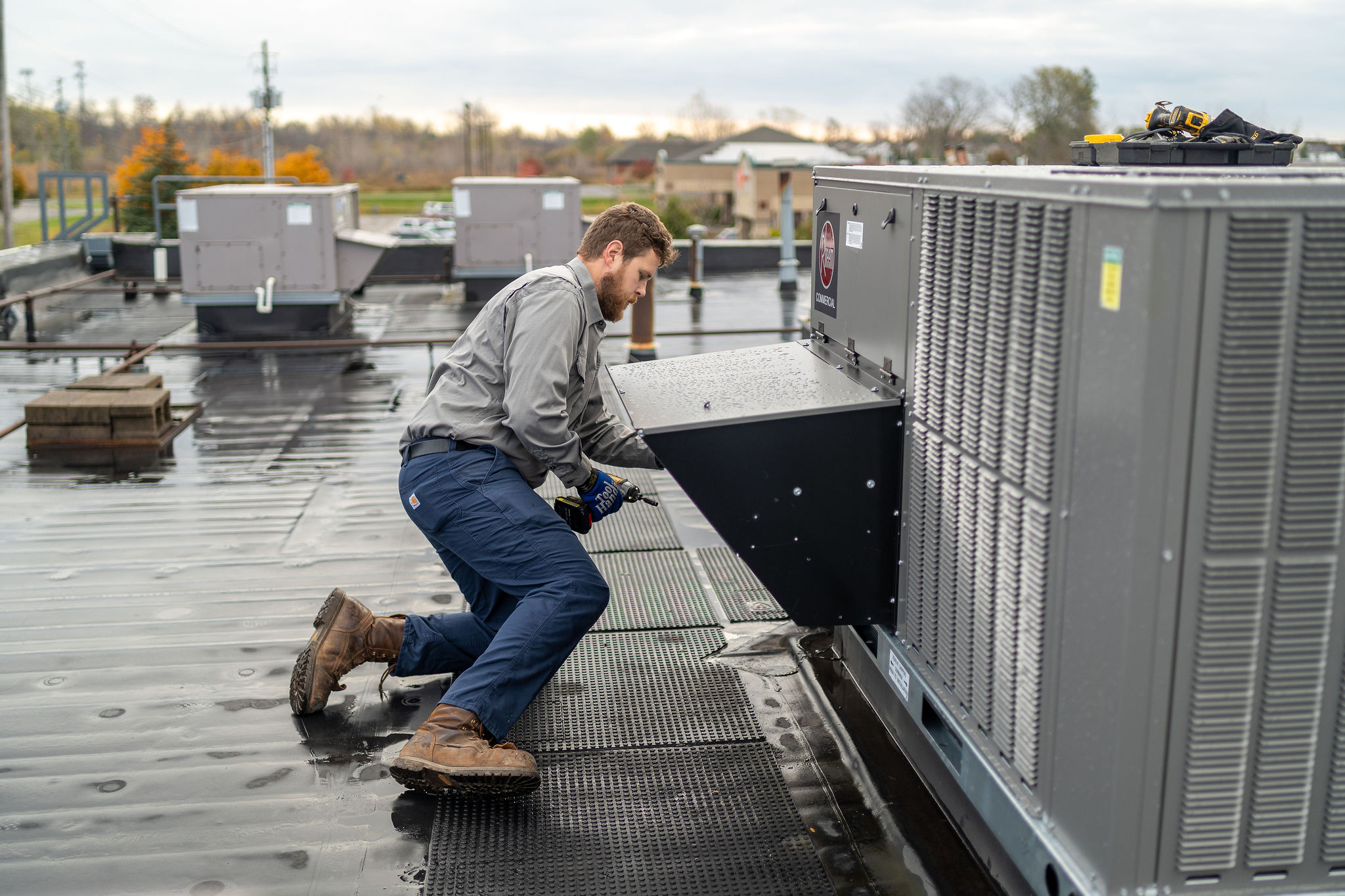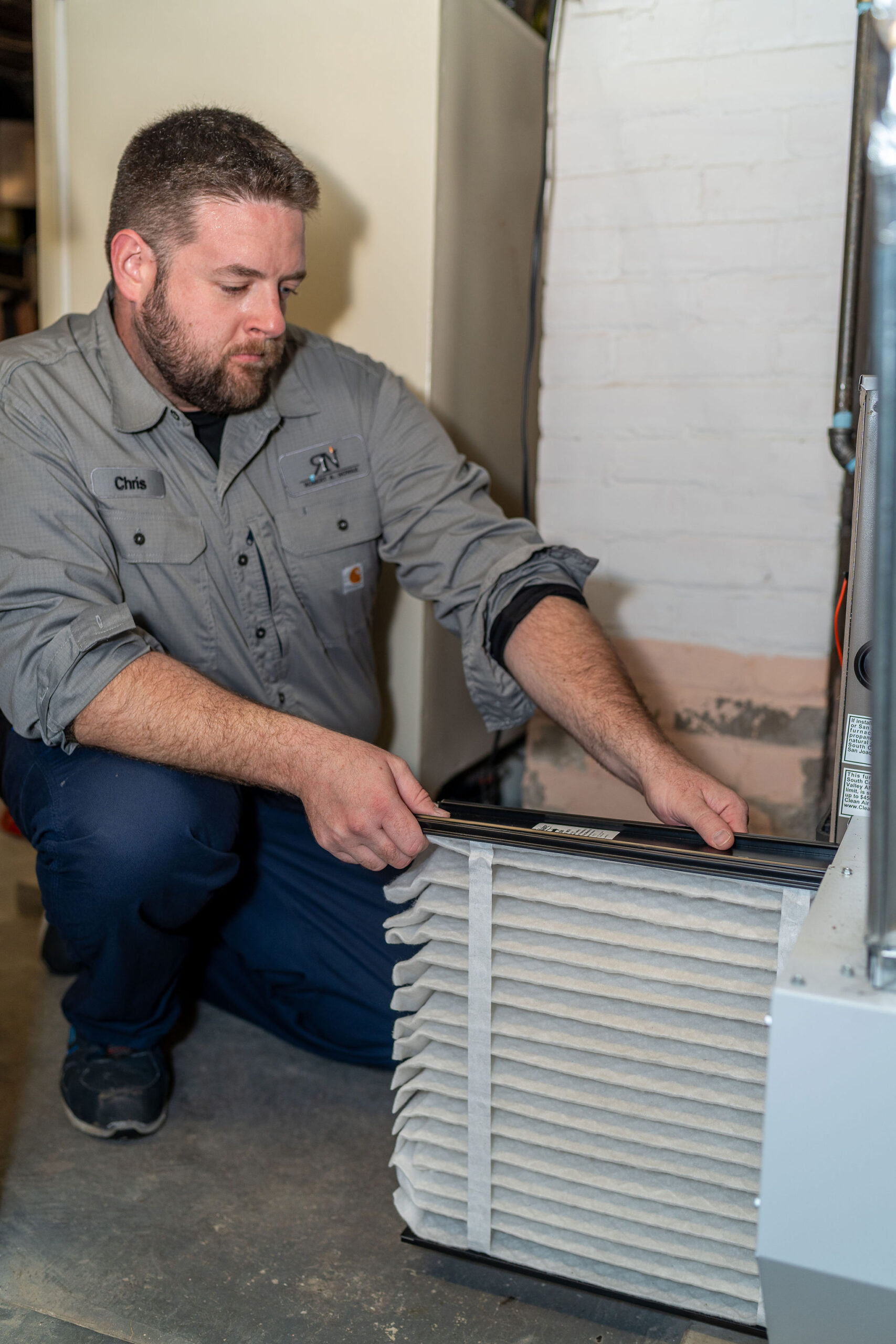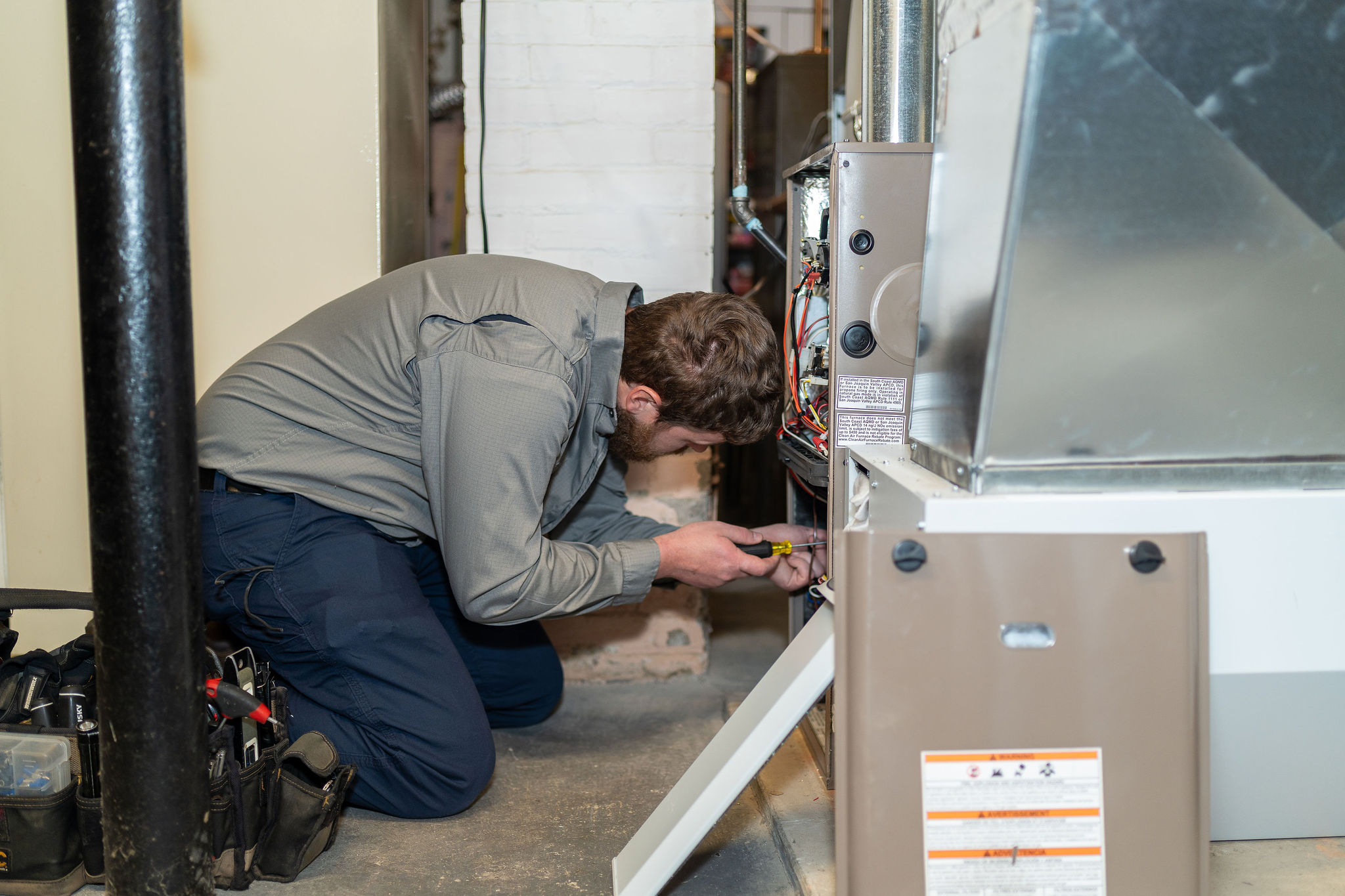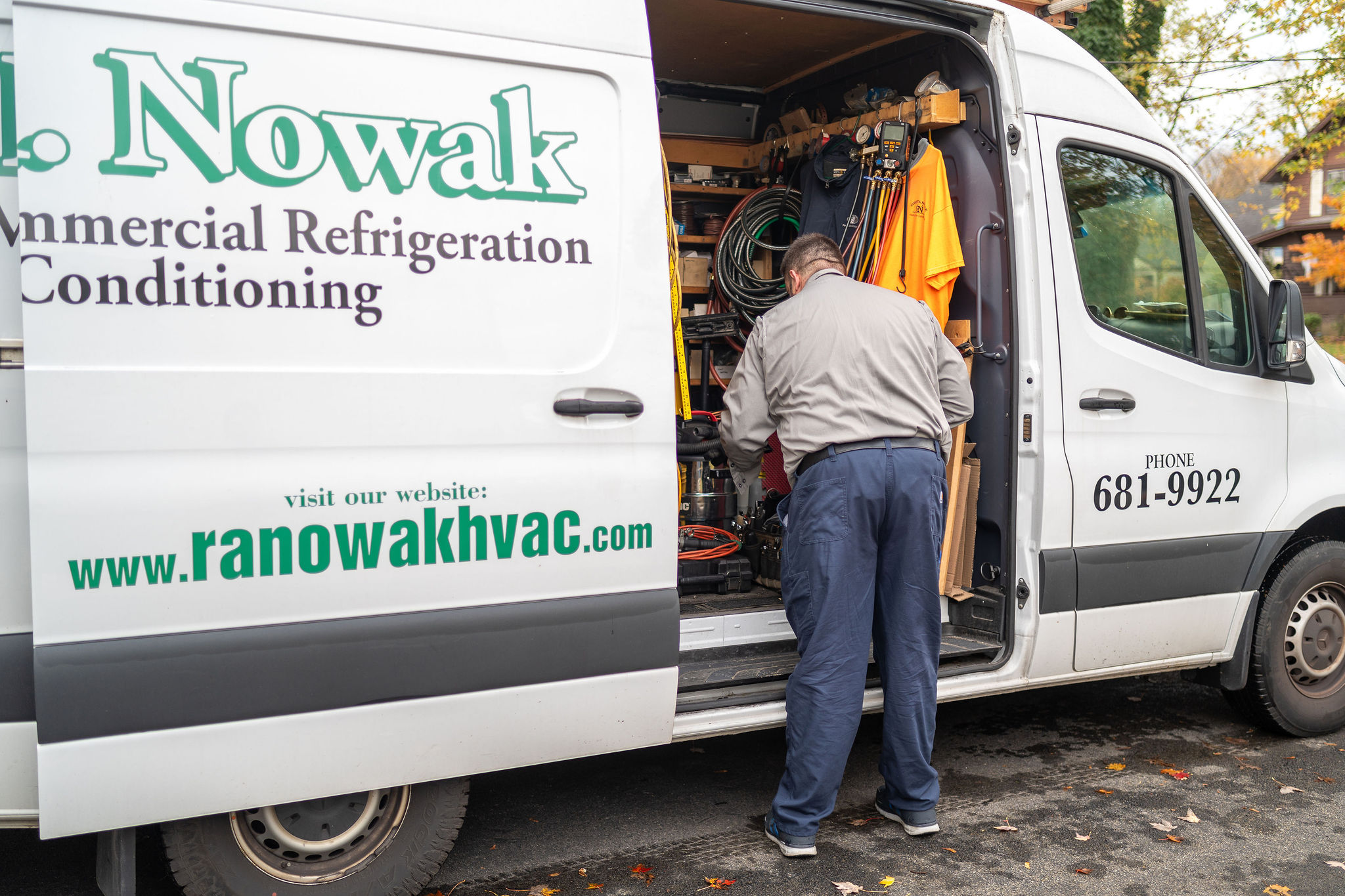Your trusted partner for exceptional comfort.
Your trusted partner for exceptional comfort.
At Robert A. Nowak HVAC, we understand the importance of a comfortable and well-regulated indoor environment. As your premier Buffalo-area HVAC service provider, we bring decades of experience, unwavering expertise, and a commitment to excellence that sets us apart.
Keeping Western New York comfortable since 1980.
We strive for excellence in everything we do.
When you need HVAC services, you need a team you can rely on. At Robert A. Nowak HVAC, we take pride in our dependability. From prompt arrivals to precise installations and repairs, we do it right the first time, every time.
Why Choose Us For HVAC in Buffalo, NY?
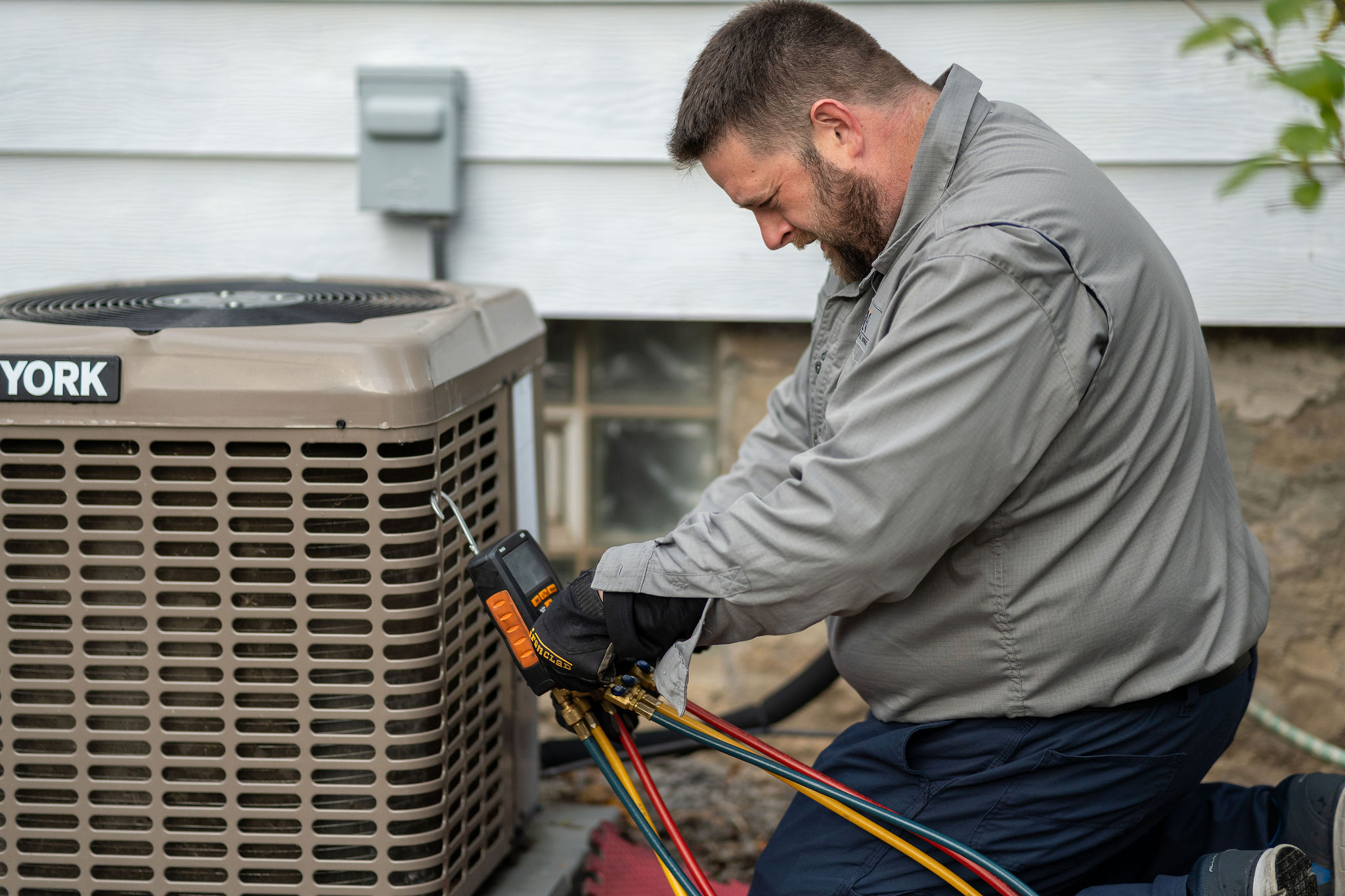
Trusted Expertise
With Robert A. Nowak HVAC, you’re choosing a team of seasoned professionals with a wealth of knowledge in heating, ventilation, and air conditioning. Our experts are dedicated to keeping your home or business at the perfect temperature year-round.
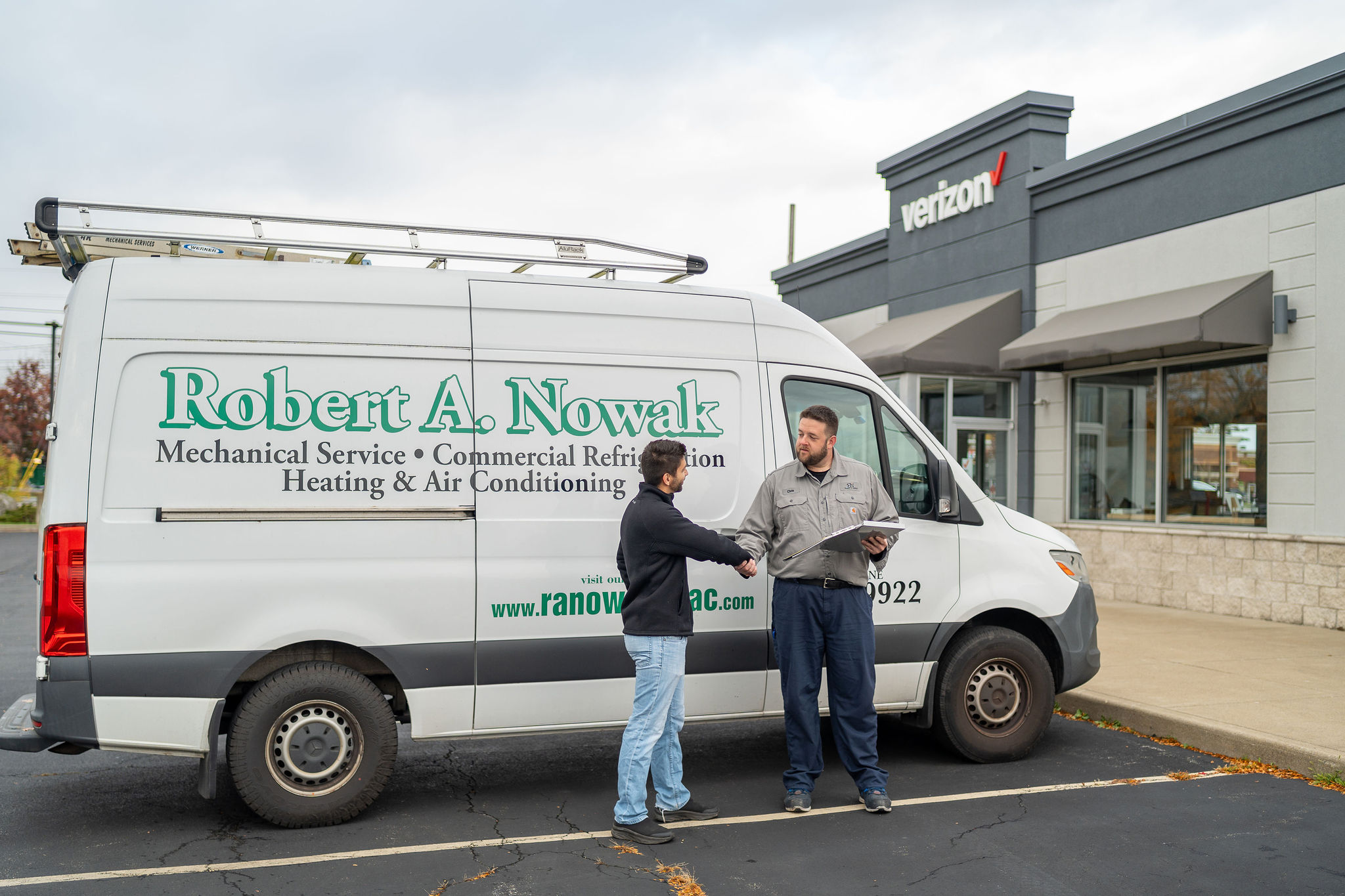
Personalized Service
We recognize that every HVAC system is unique. Our approach involves a thorough understanding of your specific needs, allowing us to tailor our services to ensure optimal performance and energy efficiency. Your comfort is our priority.
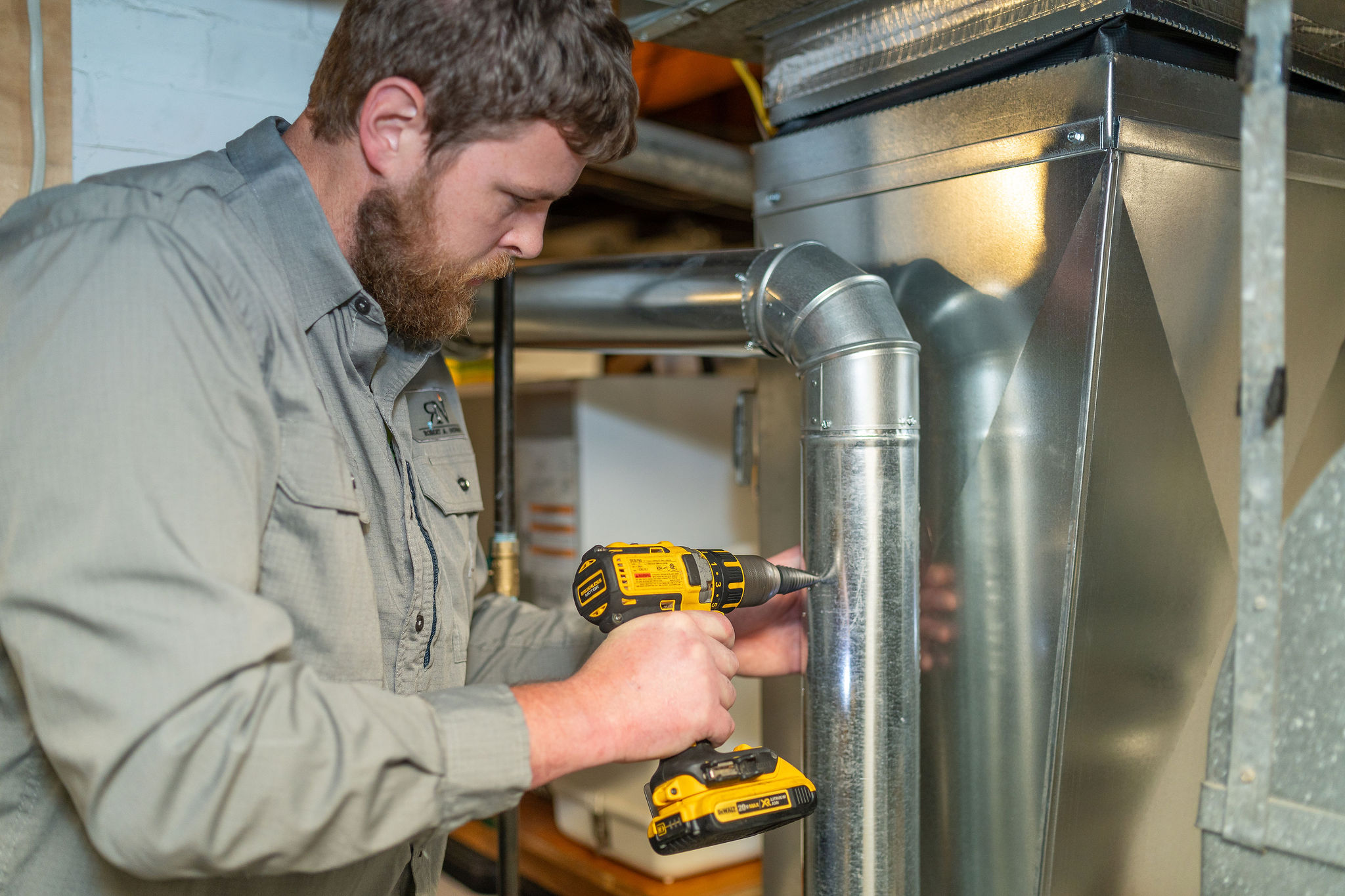
Reliability Matters
When you need HVAC services, you need a team you can rely on. At Robert A. Nowak HVAC, we take pride in our dependability. From prompt arrivals to precise installations and repairs, we do it right the first time, every time.
01
Professional and Punctual
We are committed to delivering on our promises, ensuring that you can depend on us for timely and efficient HVAC solutions.


